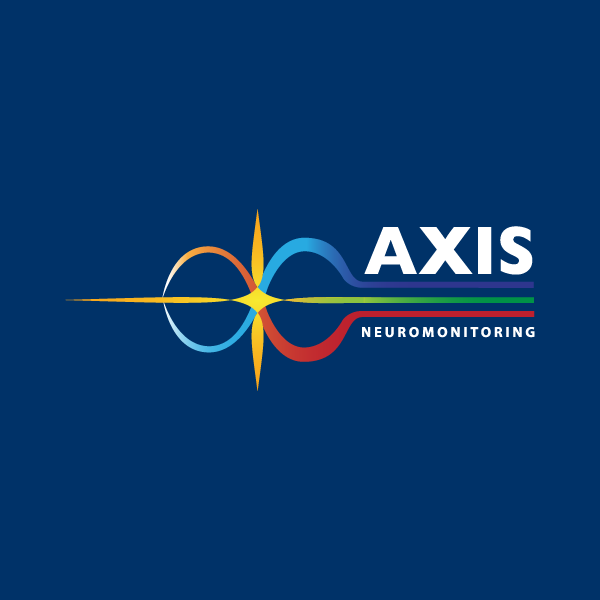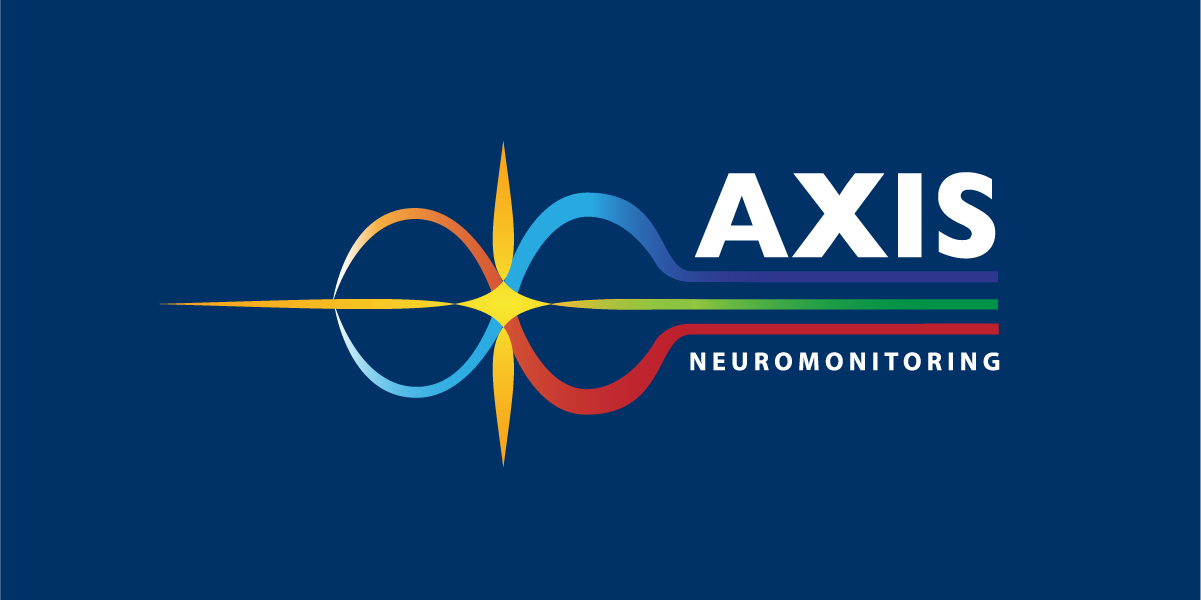The Role of Artificial Intelligence in Enhancing Intraoperative Neurophysiological Monitoring for Neuro-Oncology
March 31, 2025
Gliomas, particularly glioblastomas, represent some of the most aggressive forms of brain tumors, often invading areas critical for cognitive and motor functions. Surgical intervention is paramount for managing these malignancies, with maximal tumor resection being the goal.
However, this goal must balance carefully with preserving essential brain functions, especially when tumors are located in eloquent brain regions. Intraoperative neurophysiological monitoring (IONM) has become an indispensable tool in this regard, and recent advancements in Artificial Intelligence (AI) and Machine Learning (ML) have further transformed its application in neuro-oncology.
AI Revolutionizing Intraoperative Monitoring
The integration of AI/ML technologies into IONM is proving to be a game-changer. These tools enhance the precision and reliability of IONM by leveraging data-driven insights. A recent meta-analysis evaluated the performance of AI-enhanced IONM techniques in glioma surgeries, particularly for their ability to delineate functional brain zones and predict functional outcomes.
Key findings from the study reveal:
- Sensitivity: AI-driven IONM achieved a sensitivity effect size of 75.7%, indicating its robust ability to detect changes in brain functionality during surgery.
- Specificity: The specificity reached 87.2%, reflecting the system's accuracy in identifying regions unaffected by the tumor or surgery.
- Predictive Values: The positive predictive value (PPV) was 67.1%, while the negative predictive value (NPV) soared to 93.9%, showcasing AI’s reliability in predicting the absence of functional impairment.
- AUC (Area Under Curve): With an AUC of 84.9%, AI-augmented IONM demonstrates a high level of accuracy in functional assessments.
These metrics underscore the transformative potential of AI in enhancing the safety and efficacy of brain tumor surgeries.
Why AI Matters in Glioma Surgeries
Glioblastomas, due to their infiltrative nature, often blur the boundaries between diseased and healthy tissues. Traditional IONM methods, while effective, are sometimes limited by their reliance on manual interpretation and variability across practitioners. AI bridges this gap by:
- Improving Functional Zone Delineation: AI algorithms analyze complex neural signals to accurately map critical brain areas, ensuring precise surgical navigation.
- Reducing Human Error: Machine learning models eliminate biases and inconsistencies, offering standardized insights during operations.
- Real-Time Decision Support: Surgeons can access predictive insights in real-time, aiding swift and informed decision-making.
Developing AI-Based Biomarkers
One of the most promising aspects of this integration is the potential development of diagnostic biomarkers for IONM. By using meta-analytical tools such as the Youden Index, researchers can further refine these techniques, paving the way for personalized and precise surgical interventions. These biomarkers could revolutionize the field, enabling:
- Early detection of functional impairments
- Enhanced preoperative planning
- Postoperative recovery assessments tailored to individual patient profiles
Challenges and Future Directions
Despite its potential, the implementation of AI in IONM is not without challenges:
- Data Standardization: Large datasets are required to train AI algorithms, and ensuring data quality across institutions is a hurdle.
- Integration with Surgical Workflows: Seamlessly embedding AI tools into operating rooms requires significant technological and infrastructural investment.
- Ethical Considerations: The reliance on AI for critical surgical decisions raises questions about accountability and transparency.
However, with ongoing research and collaboration between neuro-oncologists, data scientists, and AI developers, these challenges can be addressed.
Conclusion: AI & IONM
The meta-analysis by Davids Joseph and colleagues demonstrates that AI/ML-enhanced IONM offers unparalleled sensitivity, specificity, and predictive accuracy in glioma surgeries. By reducing the risks of functional impairments while enabling maximal tumor resections, these advancements mark a significant leap in neuro-oncology. As AI technologies continue to evolve, they hold the promise of not only improving surgical outcomes but also setting new benchmarks for patient care.
For neurosurgeons, researchers, and healthcare institutions, adopting AI in intraoperative monitoring represents a critical step toward the future of precision medicine. By bridging the gap between technology and clinical expertise, we can ensure safer, more effective interventions for brain tumor patients.
For more information on the benefits of neuromonitoring and its role in enhancing patient care, please contact us at 888-344-2947.
Works Cited:
https://jnnp.bmj.com/content/95/Suppl_2/A79.3
https://pmc.ncbi.nlm.nih.gov/articles/PMC2515362/



